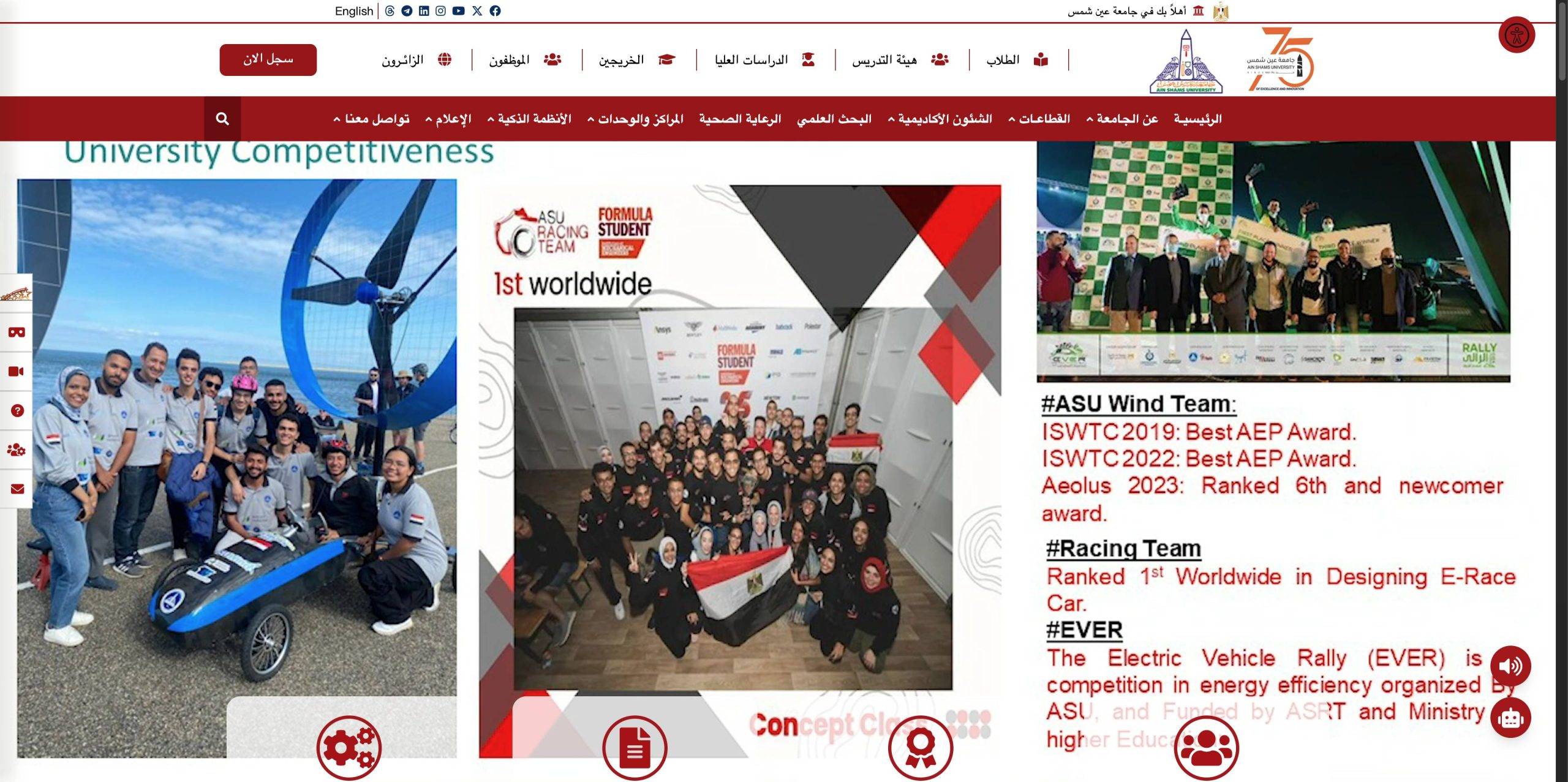Kenyatta University
文章目录[隐藏]
Kenyatta University: A Premier Institution of Higher Learning in Kenya
Kenyatta University (KU), situated in Nairobi, Kenya, stands as one of the country's leading public universities. Established in 1985, it has grown from a university college into a comprehensive institution renowned for its diverse academic programs and significant contributions to national and regional development. The university is named after Mzee Jomo Kenyatta, Kenya's first president, symbolizing its commitment to fostering leadership and progress.
Academic Programs and Disciplines
Kenyatta University offers a wide array of undergraduate and postgraduate programs across various disciplines. Key academic areas include:
- Engineering and Technology: Programs such as Civil, Electrical, and Mechanical Engineering, alongside emerging fields like Computer Science and Information Technology, equip students with practical skills for the modern workforce.
- Social Sciences: Degrees in Economics, Sociology, Psychology, and International Relations address complex societal issues and prepare graduates for roles in public service, research, and global affairs.
- Health Sciences: The university provides training in Medicine, Nursing, Public Health, and Pharmacy, contributing significantly to the healthcare sector.
- Education and Humanities: With a strong foundation in teacher education, KU also offers programs in Literature, History, and Languages, promoting cultural understanding and critical thinking.
Distinctive Advantages
Kenyatta University's strengths lie in its commitment to excellence, innovation, and inclusivity:
- World-Class Research: KU is a hub for cutting-edge research, with initiatives focused on sustainable development, renewable energy, and public health. Its research centers, such as the Institute of Energy and Environmental Technology, drive innovation that addresses local and global challenges.
- Innovative Teaching Methods: The university employs blended learning approaches, combining traditional lectures with online resources and hands-on projects to enhance student engagement and learning outcomes.
- Inclusive Campus Environment: KU promotes diversity and accessibility, offering support services for students with disabilities and fostering a multicultural community through international partnerships and exchange programs.
- Strategic Partnerships: Collaborations with global institutions and industries provide students with internship opportunities, practical experience, and exposure to international perspectives.
Authoritative Rankings
Kenyatta University consistently ranks among the top universities in Kenya and Africa. According to recent evaluations:
- It is placed within the top 10 universities in Kenya by Webometrics and UniRank.
- Globally, it features in the 1000-1200 range in the Webometrics Ranking of World Universities, reflecting its growing international reputation.
- Specific programs, such as Education and Engineering, have received high accolades for their quality and impact.
Recent Research Breakthroughs
In the past few years, Kenyatta University has made notable research contributions:
- Renewable Energy: Researchers developed affordable solar-powered solutions for rural communities, improving access to clean energy and reducing environmental impact.
- Public Health: Studies on infectious diseases, including malaria and HIV/AIDS, have led to improved treatment protocols and community health initiatives.
- Agricultural Innovation: Projects focused on sustainable farming techniques have enhanced food security in Kenya, with innovations in crop disease resistance and water management.
Notable Alumni
Kenyatta University has produced influential leaders and professionals, including:
- Uhuru Kenyatta: Former President of Kenya, who played a key role in the country's economic development.
- Charity Ngilu: Prominent politician and former Cabinet Secretary, known for her advocacy in health and governance.
- Prof. Olive Mugenda: Renowned academic and former Vice-Chancellor of KU, recognized for her contributions to higher education reform.
Frequently Asked Questions (FAQs)
What are the recent admission cutoff points?
For the 2023 academic year, undergraduate admission cutoff points vary by program: Engineering programs typically require a mean grade of B+ (e.g., 70-75 points in the Kenya Certificate of Secondary Education), while Social Sciences may require a B (60-65 points). Exact figures are updated annually on the university's website.
Are scholarships available?
Yes, Kenyatta University offers various scholarships, including government-funded awards like the Higher Education Loans Board (HELB), merit-based scholarships for top-performing students, and need-based financial aid. International students can also apply for specific grants through partnership programs.
What are the general application conditions?
Applicants must have completed secondary education with relevant grades, submit academic transcripts, and meet program-specific requirements. Postgraduate applicants need a bachelor's degree with a minimum grade. Additional steps may include interviews or entrance exams for competitive programs. Applications are submitted online through the KU admission portal.
Kenyatta University continues to evolve, embracing innovation and inclusivity to shape future leaders and contribute to societal advancement. For more details, prospective students are encouraged to visit the official university website or contact the admissions office directly.




